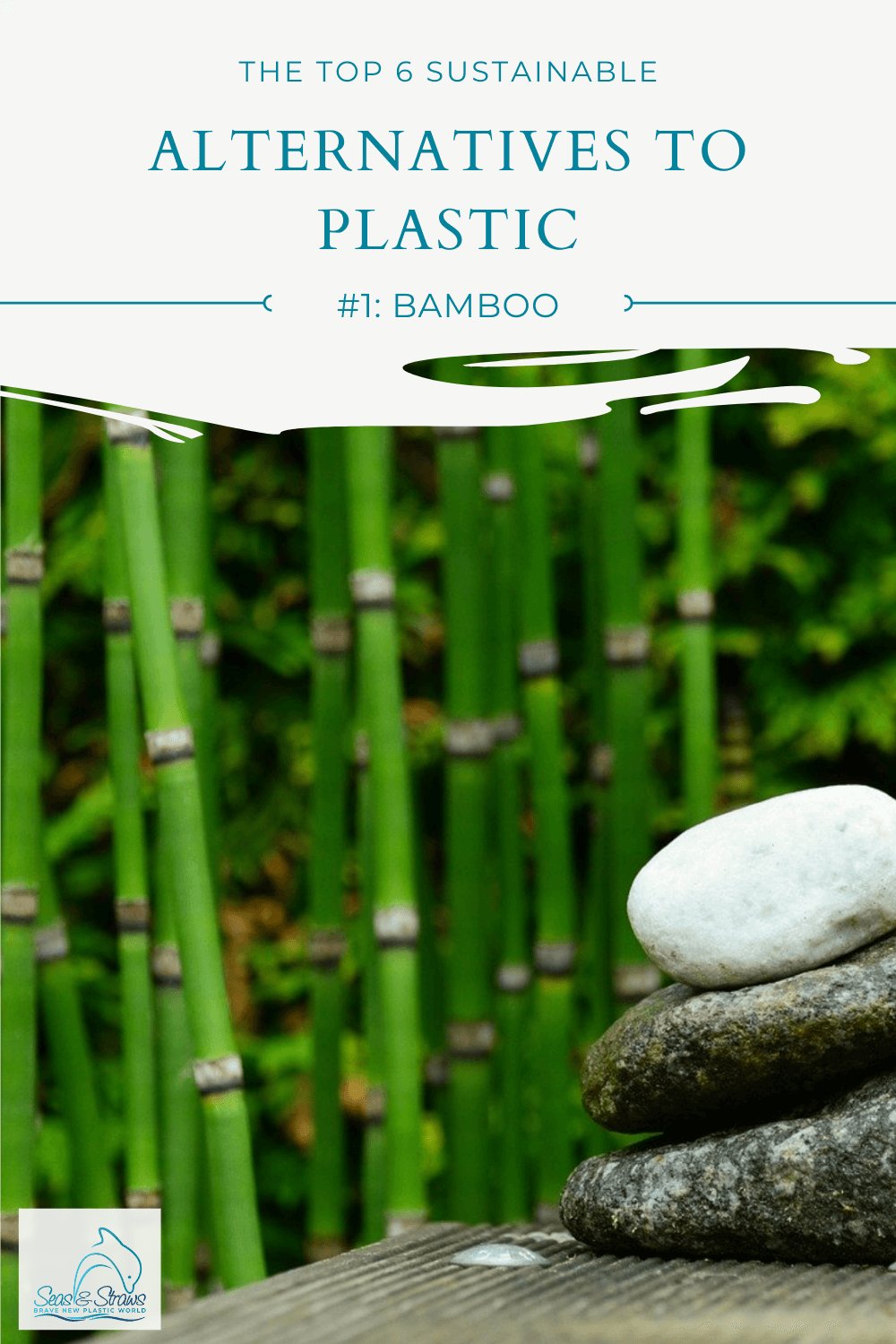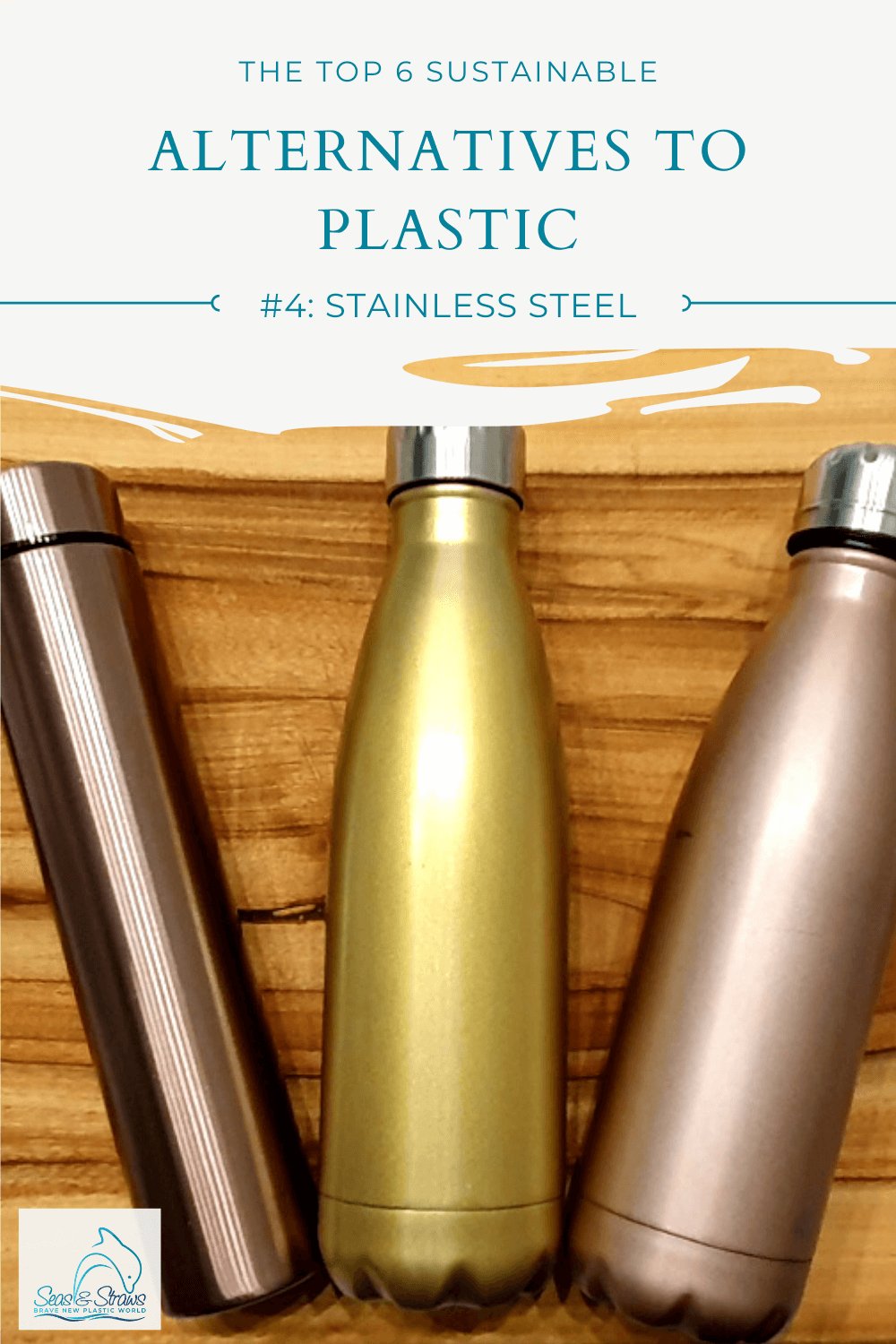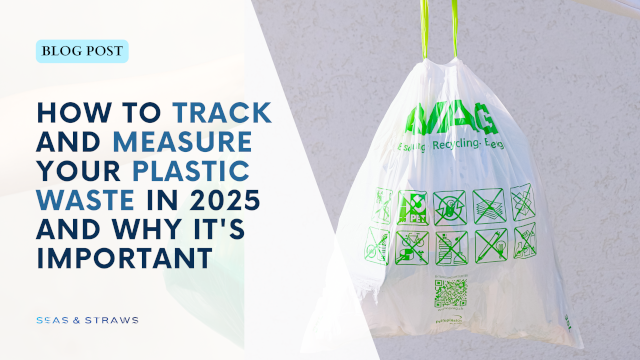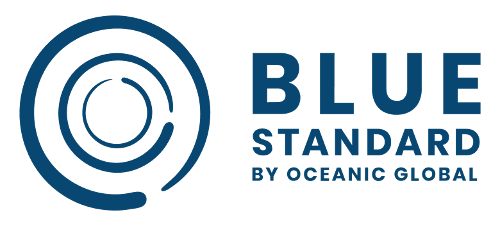- Home
- Plastic Alternatives
- What Is Greenwashing
What is Greenwashing and How to Spot It
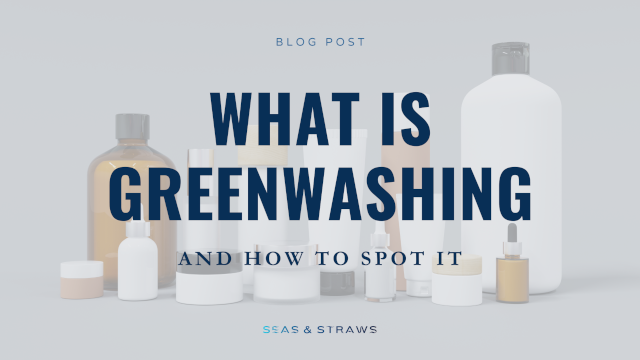
Have you ever grabbed a cleaning product labeled "natural" only to find harsh chemicals listed on the back? Perhaps you've seen a fashion garment labeled as "eco-conscious collection" but it turns out to be a misleading claim to sustainability. These are just a couple of examples of greenwashing, a deceptive marketing tactic that preys on our desire to make eco-friendly choices.
In today's environmentally conscious world, consumers are bombarded with messages touting the "green" credentials of products and services. But amidst this surge of "green" claims, a critical question emerges: how can we distinguish genuine sustainability efforts from mere marketing facades? This blog post aims to empower you with the knowledge to identify and combat greenwashing.
What is Greenwashing?
Greenwashing is the deceptive use of marketing and PR to portray a company's products, services, or policies as environmentally friendly when, in reality, they are not. It's a way for companies to capitalize on the growing demand for sustainable products without actually making significant changes to their practices. Greenwashing can range from subtle tactics like using vague and suggestive language to outright lies about a product's environmental impact.
Greenwashing is problematic for several reasons.
First, it misleads consumers. People who make purchasing decisions based on environmental factors are being tricked into believing they're making a positive impact when they may not be. This undermines trust in legitimate sustainability efforts and makes it harder for truly eco-friendly brands to stand out.
Second, greenwashing hinders progress on environmental issues. Companies that focus on appearing green rather than actually being green are less likely to invest in real solutions for pollution, resource depletion, and other environmental concerns. This slows down the critical shift towards a sustainable future.
How to Spot Greenwashing?
With so much greenwashing out there, how can you, as a consumer, be sure you're making informed choices? Here are some tips to help you spot greenwashing:
1. Vague and Misleading Language
Be wary of terms like "eco-friendly," "natural," or "sustainable" without any concrete explanations. These terms can be meaningless without specifics.
2. Focus on Image over Substance
Companies might heavily advertise their eco-initiatives while remaining opaque about their manufacturing processes or supply chains. Are they using recycled materials, or just greenwashing their wasteful practices?
3. Partial Truths
A company might highlight one small sustainable practice while neglecting to mention its larger environmental footprint. Don't be fooled by cherry-picking – look for a holistic approach
4. Irrelevant Images
Watch out for companies that use imagery of nature or recycled materials to suggest eco-friendliness when their product itself has no connection to sustainability.
5. Lack of Certifications
Look for third-party certifications from reputable organizations that validate a product's environmental claims. Certifications aren't foolproof, but they offer a layer of credibility.
Examples of Greenwashing
Here are a few real-world examples of greenwashing to illustrate these tactics:
- H&M: H&M, a global fashion retailer, launched its "Conscious Collection" with the aim of promoting environmentally friendly and sustainable fashion. However, H&M faced accusations of greenwashing as environmental advocates pointed out that the sustainability claims were overshadowed by the sheer volume of fast-fashion products being produced, leading to concerns about the industry's impact on resource depletion and the overall environmental footprint.
- "Eco-Friendly" Packaging: Companies love to tout their use of recycled cardboard or biodegradable materials. However, if the product itself is highly wasteful or the packaging is excessive, it's still greenwashing.
- "Natural" Cleaning Products: Many cleaning products labeled "natural" may still contain harmful chemicals. Look for specific certifications that ensure safety and eco-responsibility.
- Carbon Offsetting Claims: Companies might claim to offset their carbon footprint by planting trees. However, tree-planting programs need careful management to be truly effective, and they don't address the root cause of emissions.
FAQs on Greenwashing
Educating yourself is the best defense against greenwashing. Here are some frequently asked questions to help you navigate the world of eco-friendly claims:
1. Are there any certifications I should look for?
Several independent organizations offer product certifications that verify environmental claims. Look for seals from reputable groups like the Forest Stewardship Council (FSC) for sustainable forestry, Energy Star for energy efficiency, and Global Organic Textile Standard (GOTS) for organic textiles. However, certifications are not a foolproof guarantee, so always do your research alongside checking for certifications.
2. What if a company uses a lot of recycled materials? Does that mean they're sustainable?
Using recycled materials is a positive step, but it's not the whole picture. Consider the overall lifecycle of the product. Is the product itself highly durable and long-lasting? Is the recycled material a high-quality content or a mix of low-grade materials destined for landfill after a short lifespan.
3. What if I'm unsure about a company's claims?
Don't hesitate to reach out to the company directly. Ask them specific questions about their sustainability practices, certifications, and the data behind their environmental claims. A transparent company will be happy to answer your inquiries.
4. What can I do if I suspect a company is greenwashing?
If you believe a company is making misleading environmental claims, you can report them to the Federal Trade Commission (FTC). The U.S. Federal Trade Commission (FTC) safeguards consumers by enforcing fair competition rules, and they even offer guidance on how to tell genuine eco-friendly products apart from greenwashed ones.
Spreading awareness is also important. Share your concerns with friends and family, and consider leaving a review on the company's website or social media platforms.
5. Is a higher price tag a sign of a more sustainable product?
Not necessarily. Greenwashing can involve premium pricing on products that may not be truly eco-friendly. Research the brand's practices and certifications to ensure your money supports genuine sustainability efforts.
6. What about companies that only highlight one sustainable aspect?
Be wary of companies that focus on a single "green" initiative while neglecting their overall environmental footprint. Look for a holistic approach to sustainability that addresses various environmental concerns.
7. Can social media platforms be used to identify greenwashing?
Absolutely! Social media can be a valuable tool. Check out user reviews and independent critiques of companies' environmental claims. Look for red flags like inconsistencies between marketing messages and user experiences.
8. How can I stay updated on the latest greenwashing tactics?
Subscribe to reputable environmental news sources and consumer advocacy groups. These organizations often publish articles and reports exposing greenwashing trends and educating consumers on how to identify them.
By becoming a more informed and critical consumer, you can send a powerful message to companies. Demand transparency, reward genuine sustainability efforts, and together we can create a marketplace that prioritizes environmental responsibility. Remember, a greener future starts with informed choices we make today.

